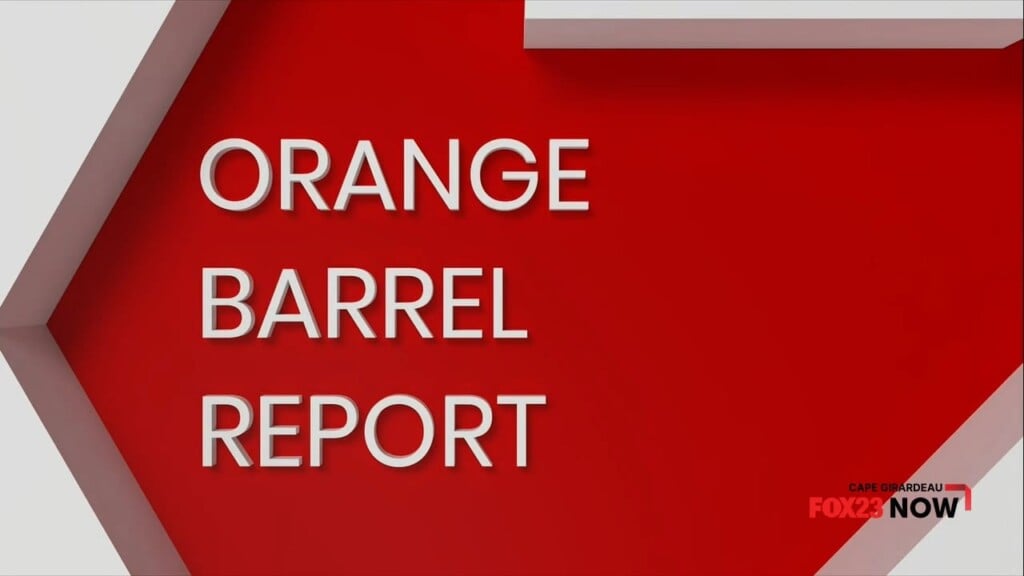Scam job listings rise, target consumers with causes they care about

ST. LOUIS, Mo. (KBSI) – The Better Business Bureau urges job seekers to use caution when looking at job listings.
BBB and the Federal Trade Commission received reports of scam listings on job boards for remote jobs with a cause or non-profit angle to get personal information or money from job seekers.
LinkedIn reported to BBB a rise in fraudulent activity in the last couple of years. In 2022 the company removed more than 91 million instances of scam and spam.
A Missouri consumer reported applying for a job with a nonprofit supporting the LGBTQ+ community that was a scam. The consumer said the phone interview was brief and unprofessional. The company pressured the consumer to pay $400 fee for equipment. The consumer realized it was a scam after an email demanding money that was also sent to 30 other applicants, according to BBB.
BBB provides the following tips for avoiding job scams:
-
Be on guard. When searching for a job online, expect to encounter scams – they are common. Use a healthy sense of skepticism.
-
Research all job listings and offers. Look up the company on BBB.org to see if it is a legitimate company and check whether there are any complaints. You can also Google the company’s name along with the word “scam.” Remember that some scam job listings impersonate real companies – call or go directly to the company’s website to verify that the job and your offer are real.
-
Look for these red flags in job listings and offers:
-
Offers for a job you never applied to
-
Urgent language like “looking to hire fast”
-
Job perks or benefits that sound too good to be true
-
Vague job descriptions
-
Emails that seem to come from a personal account instead of a company account
-
-
Don’t provide personal information. It’s typical for jobs to ask for information like your name, job history and sometimes your address during the application process. It is not normal for them to ask for details like your Social Security Number, driver’s license or banking information before you are hired.
-
Don’t pay for a job opportunity. Honest employers will not ask you to pay fees or purchase equipment for a job before you are hired. If they ask you to pay them through a wire transfer, cash, cryptocurrency or a payment app like CashApp or Venmo, that’s an even bigger red flag. Work-from-home jobs that involve reshipping or forwarding money are usually scams.
-
Report scams. If you think you’ve encountered a job scam, report it to BBB Scam Tracker to help other job seekers protect themselves.
For more on how to spot and avoid job scams tap here BBB’s Job Scams Study.


